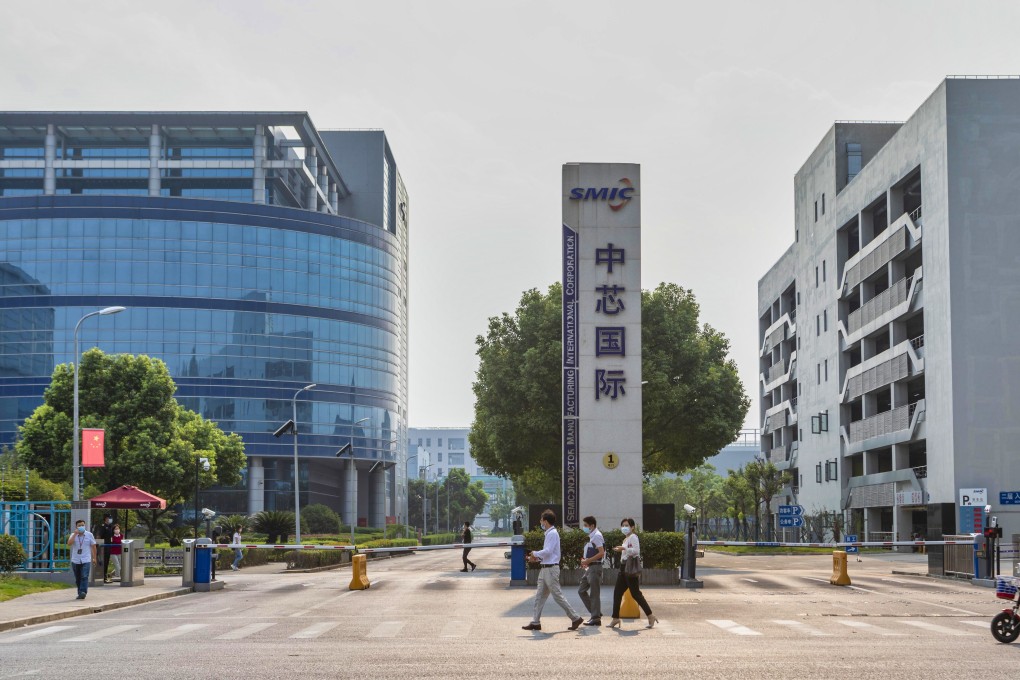China’s semiconductor industry sees 5G, AI applications driving opportunities for domestic substitutes amid US tech restrictions, says KPMG
- The Chinese semiconductor industry will maintain ‘sound and continuous’ growth and achieve partial self-reliance over time, according to KPMG
- China still relies heavily on key tech components from the West, resulting in a self-sufficiency rate of less than 20 per cent

“The Covid-19 pandemic has spurred market demand for 5G chips, memory chips and logic semiconductor products,” said Jamie Li, partner at KPMG’s integrated chips intelligence industry group in Shanghai.
Speaking on the sidelines of the 3rd China International Import Exposition in Shanghai on Friday, Li said that despite US tech sanctions the Chinese semiconductor industry will maintain “sound and continuous” growth and achieve partial self-reliance over time, adding that achieving total self-reliance was unrealistic for any country or company.
“China has a huge consumer market to make technologies originating from universities and research institutes come to fruition,” Li said. In particular, the country could achieve breakthroughs because of new opportunities emerging from 5G and artificial intelligence applications.
Speaking at the same event, KPMG vice-president Gong Weili said China was at a critical stage of achieving technology breakthroughs. “How to strengthen technological innovation and enhance overall competitiveness is a broad focus of the industry,” he said.
China has been galvanised to achieve more self-reliance in key technologies such as semiconductors, the bedrock of its digital economy, after the US leveraged its clout in the global semiconductor supply chain to curb the rise of Chinese tech champions like Huawei Technologies and Semiconductor Manufacturing International Corp (SMIC).